It was my sixth trip to India, so I must love traveling there. But it always takes a while for my senses to catch up to India time. Whenever I leave the airport in Delhi I am gobsmacked by crowds, hawkers, different languages, and challenges to my personal space.
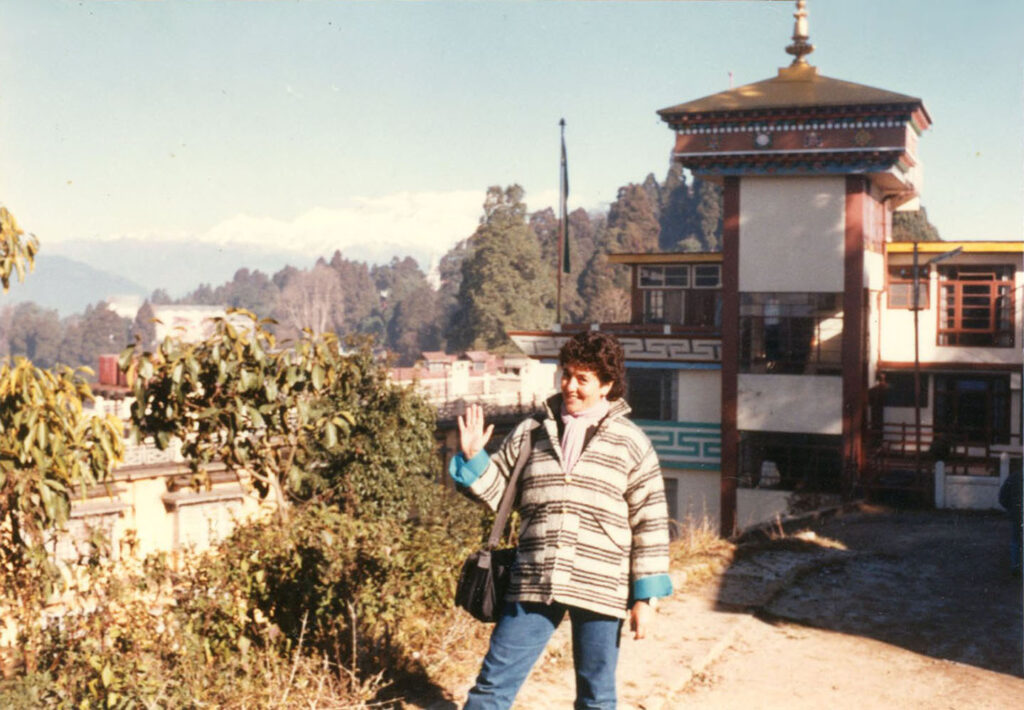
In previous trips to India, I had traveled alone or with an Indian friend. This time I would be traveling with a small group of women led by an American friend and Indophile, Ann Marie McCarthy of Cracking India Tours. She would be leading us through Rajasthan, Agra, and Varanasi. I knew that I’d have her to help guide me through both the wonders and chaos that is India.
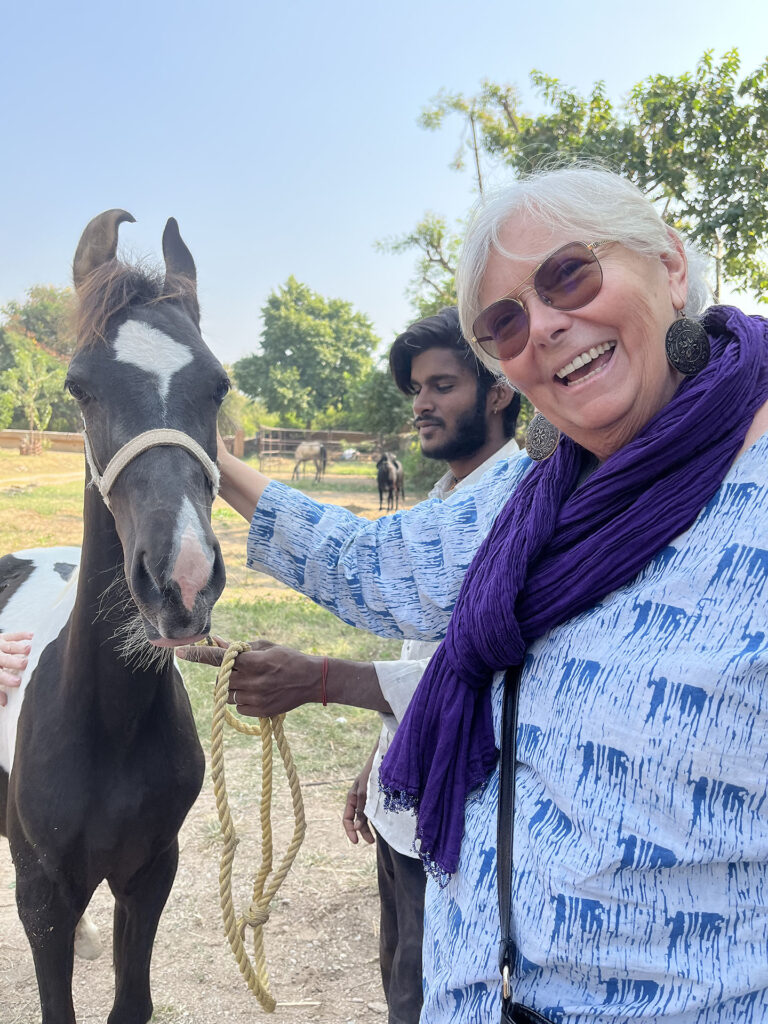
I would also be spending time with a great pal in Delhi and would have comfort and support. That’s a good thing, because I ended up getting bronchitis–one among many pesky illnesses we all face while traveling these days.
Don’t Panic: Traveling without a Clue
By the way, culture shock isn’t just about India. I’ve felt at least some culture shock in every country I’ve visited since I began to travel in 1970.
I remember being in Chiang Rai in northern Thailand in the late 1970s with a fellow traveler I met in Hong Kong, and we were lost always. Buses we wanted to board had place names we couldn’t read, restaurants had foods we didn’t recognize, and no one spoke English. I had the same experience in countries from Indonesia to China.
No Coke Ads? No Michael Jackson?
And my friend Lewanda wrote this about traveling to Marrakech, Morocco:
The most amazing culture shock I experienced was upon my arrival in Marrakech. It was otherworldly. For one hour there was no English language at all, no English signage, no Coke ads, no Michael Jackson on the radio, no American anything anywhere. It felt amazing. My senses were on high alert.
Lewanda was on my recent India trip, and her previous travels enabled her to flourish in India. She talked to people in shops, to people working in the fields, to hotel staff, to moms with their children, and she danced her heart out.
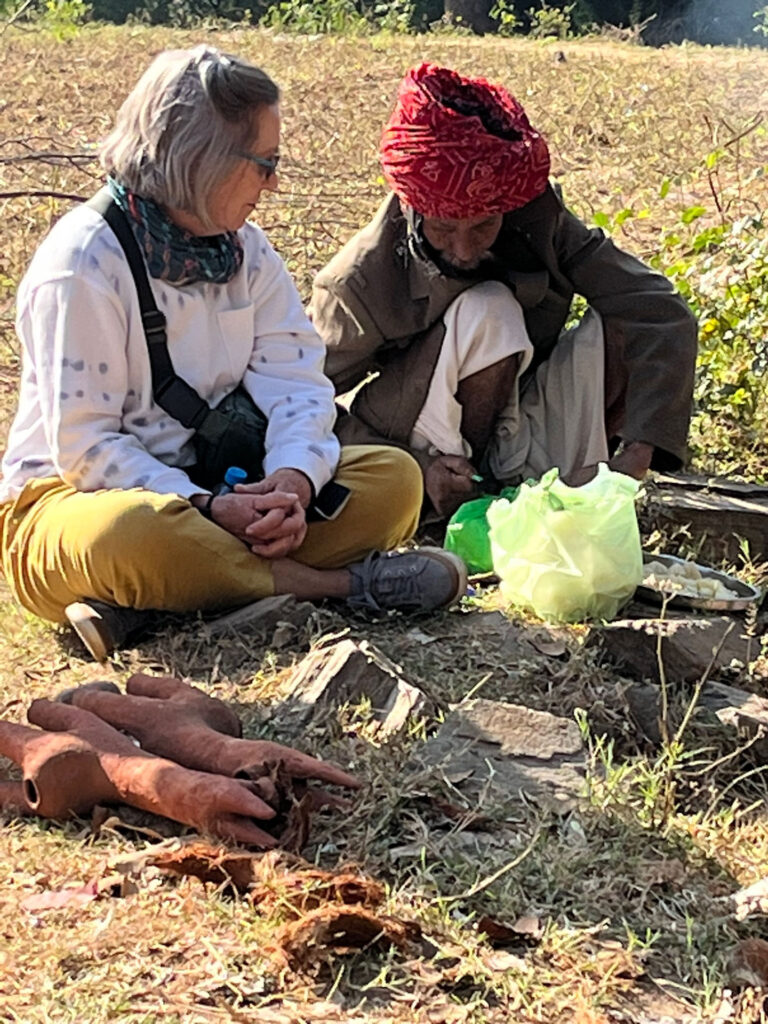
Just having curiosity certainly helps speed that feeling of appreciation, but I have found that some people take longer to open up in a completely different environment and culture than others. Of course, some never do.
Easing Into Your Comfort Zone
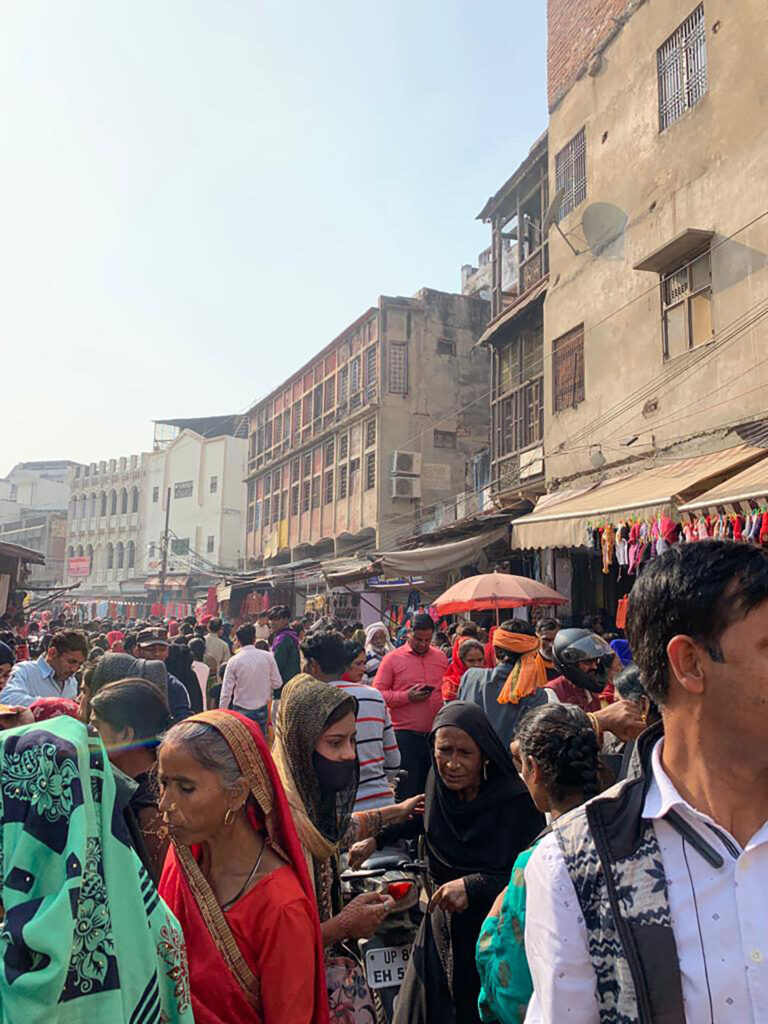
In India, language is different, noise levels and social distancing (or lack of it) are different, and rules of social intercourse are different, not to mention noise, precarious tuk tuks (auto rickshaws), cows in the roads, and the constant search for toilet paper. Some people just can’t handle it and drop out, while some are challenged by it and make it through. And some actually enjoy the differences and jump in wholeheartedly.
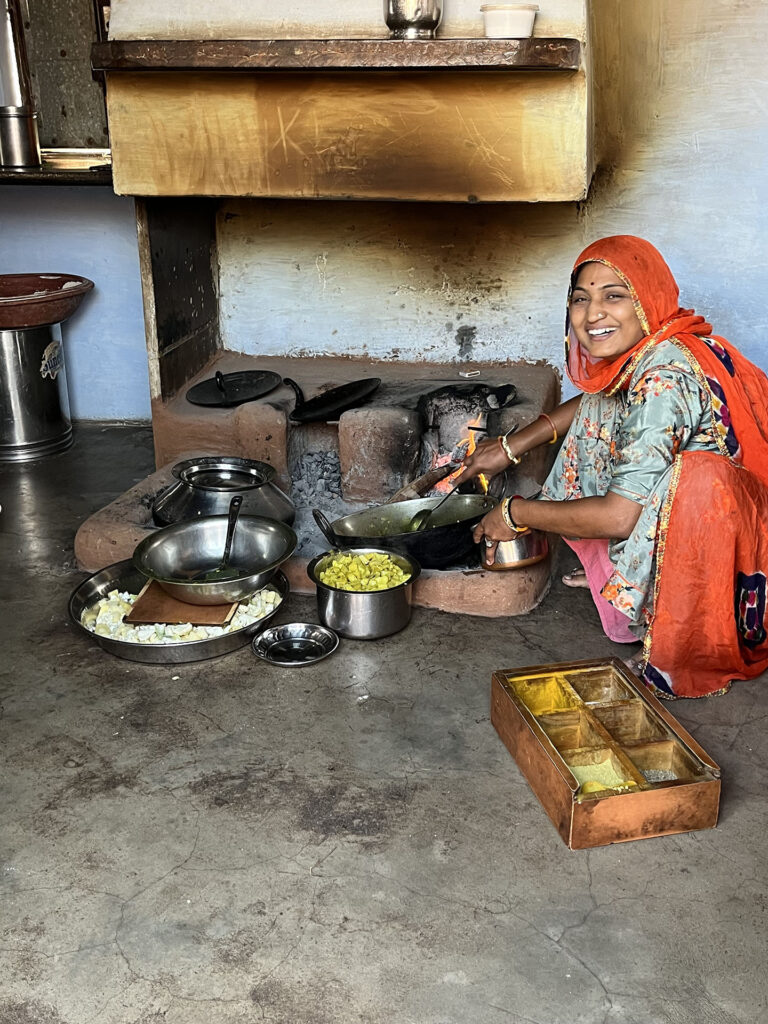
I could see that one woman on the India trip was impatient with navigating through crowds right from the start. She seemed to shrink with each day, from the heat, group activities, hawkers, shop owners, food, illness. She finally decided to leave and return to the U.S.
It might have been different had she stayed longer. Ann Marie, our leader, did her best to ease the rest of us into the daily cacophony of India. One way she did it was choosing a chronology for travel, from easiest places to visit to the most challenging.
Transform with Small Changes
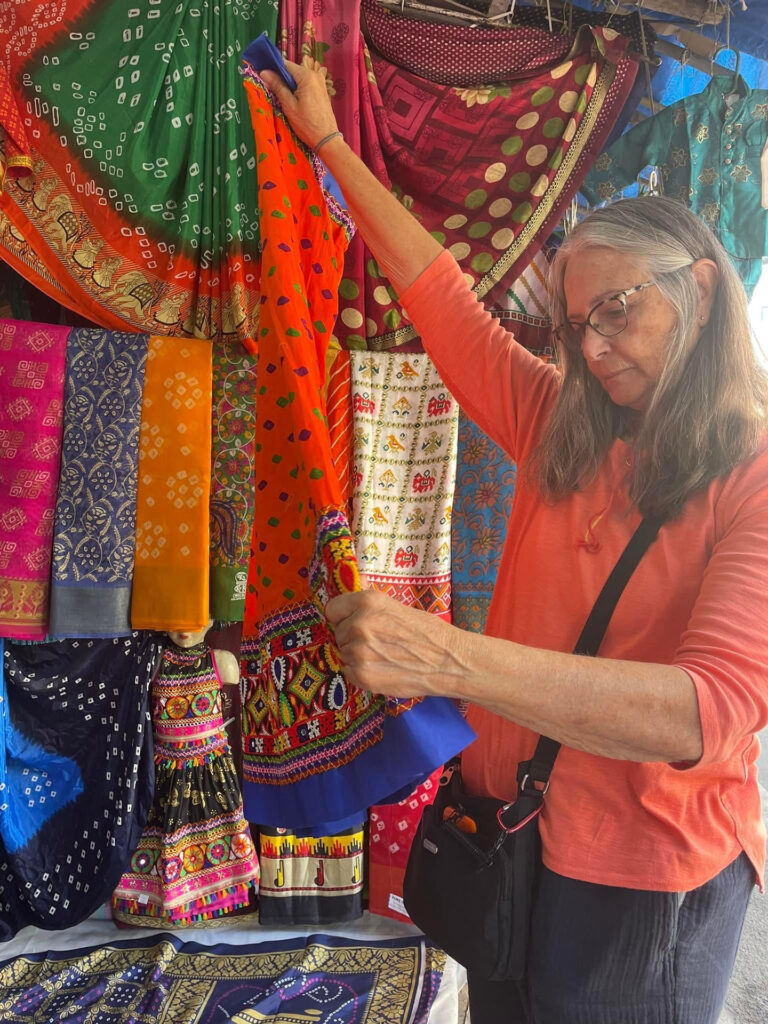
And that worked. As Andrea, a member of our group, said:
I saw the transformation in me as well as others as we traveled. We became much more friendly and interactive with our hosts and the Indian people, and our negotiating skills became spot on!
Starting our tour in Gujarat and Rajasthan eased us gently into the sights and sounds of India, so when we ended with Agra and Varanasi we had already acclimated to India’s hustle and bustle.
If we had started out walking over dead rats, stepping aside as the dead were carried to the river for cremation, or going to the Agra market and food tour, I may have thought that India wasn’t for me.
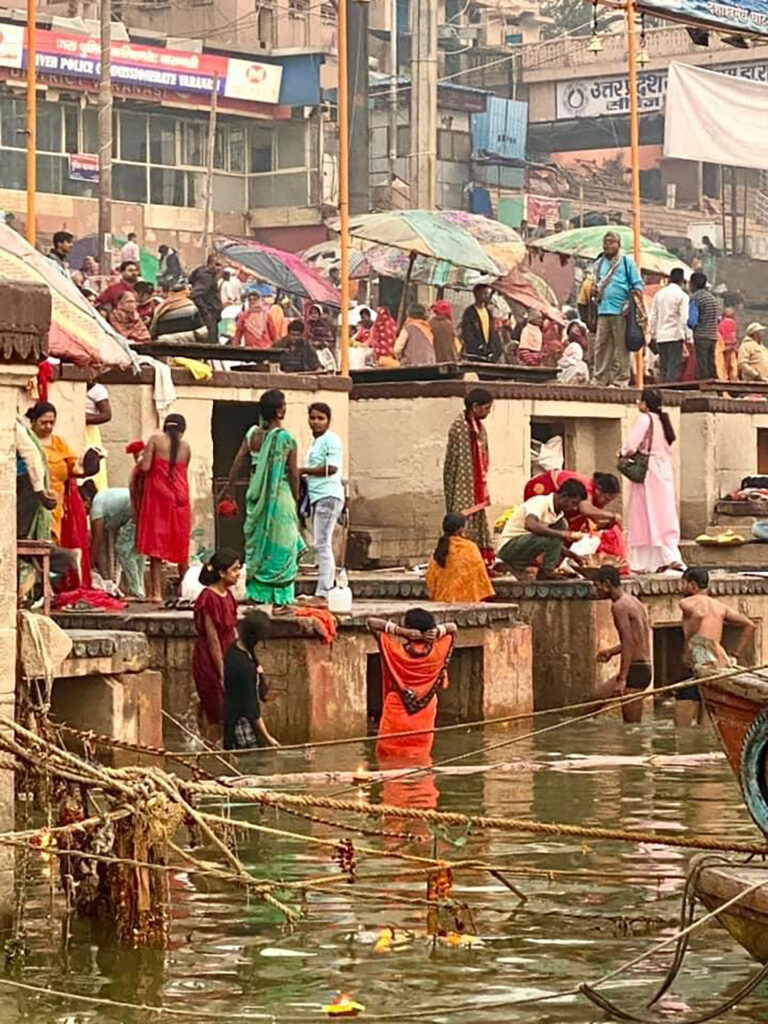
Does Age Affect Culture Shock?
There are benefits to being an older traveler. I feel that people in some cultures show more respect and deference to older people.
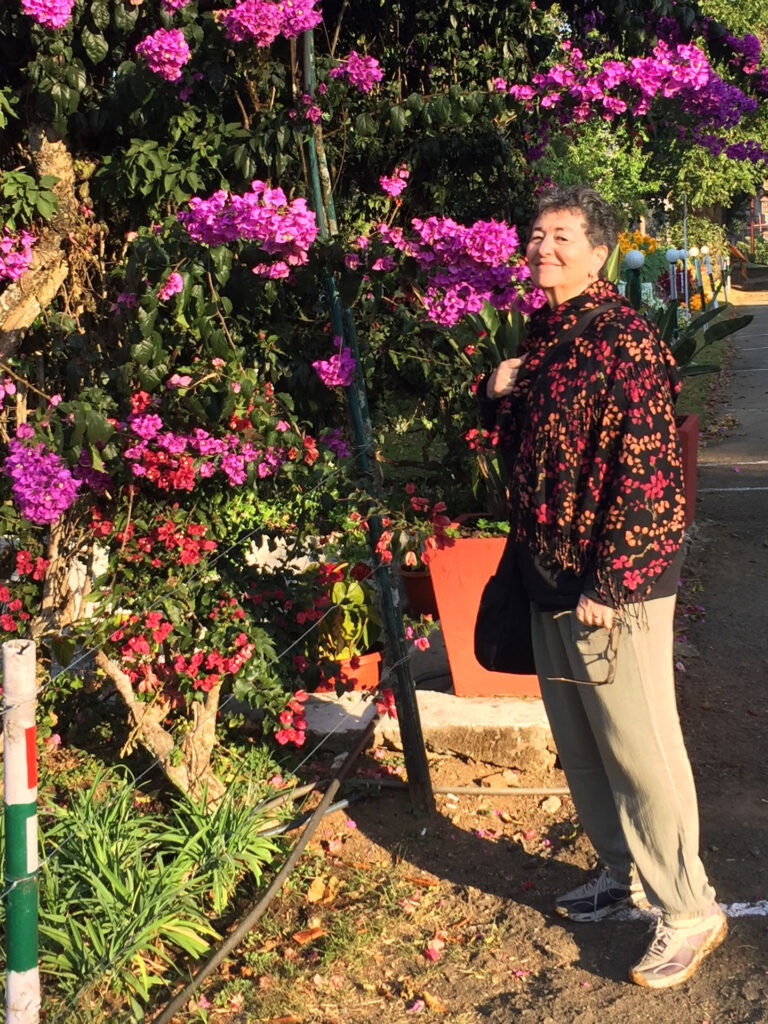
When I was in my 20s and 30s and was mostly traveling alone, I was very aware of feeling unsafe. I rarely responded when men tried to engage me in conversation. Now I am 74, and I chatted away with young guys leaning on their motorcycles in India.
They were interested in hearing about where I was from and what I thought about their country, and I felt comfortable telling them about my life and asking them questions.
Put Yourself Out There
How you are treated, of course, depends on how you engage with other people. Here are a few tips about connecting with others while traveling.
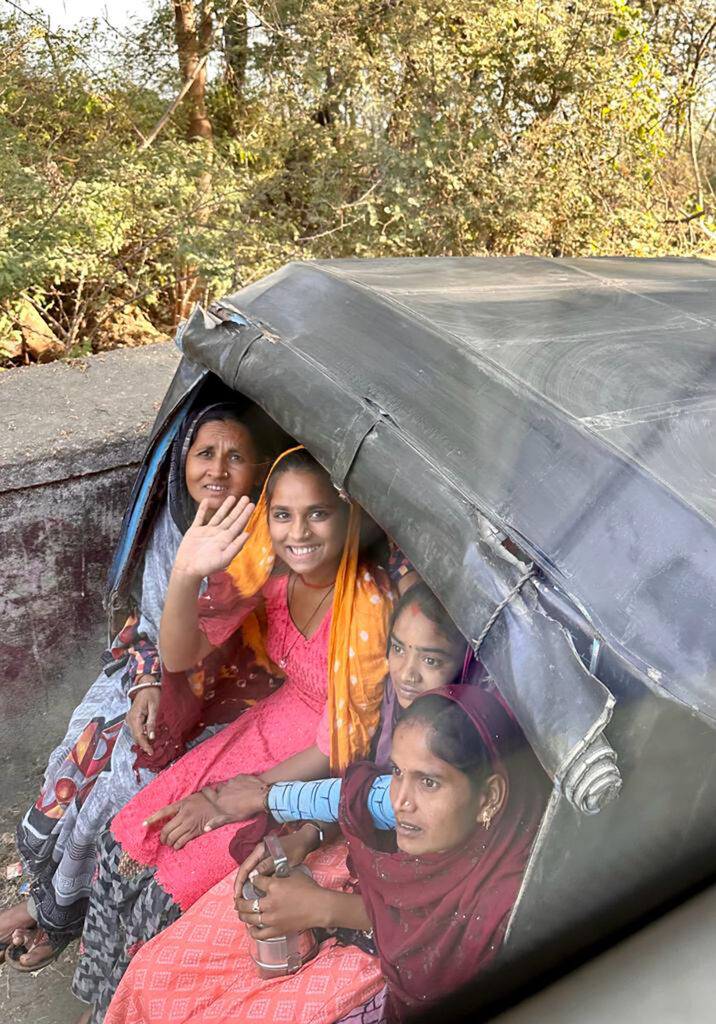
• Engage with people (within reason). Chat with young students about what they study or ask potters and craftspeople about how they learned their trade or with vendors about the growing season for the food they sell. Curiosity is a great fuel for learning about a culture and a country.
• Try to be patient and to accept difficulties. I’ve often found that travel means highs and lows, and you just have to wait for the pendulum to swing the other way. One experience is not how it is.
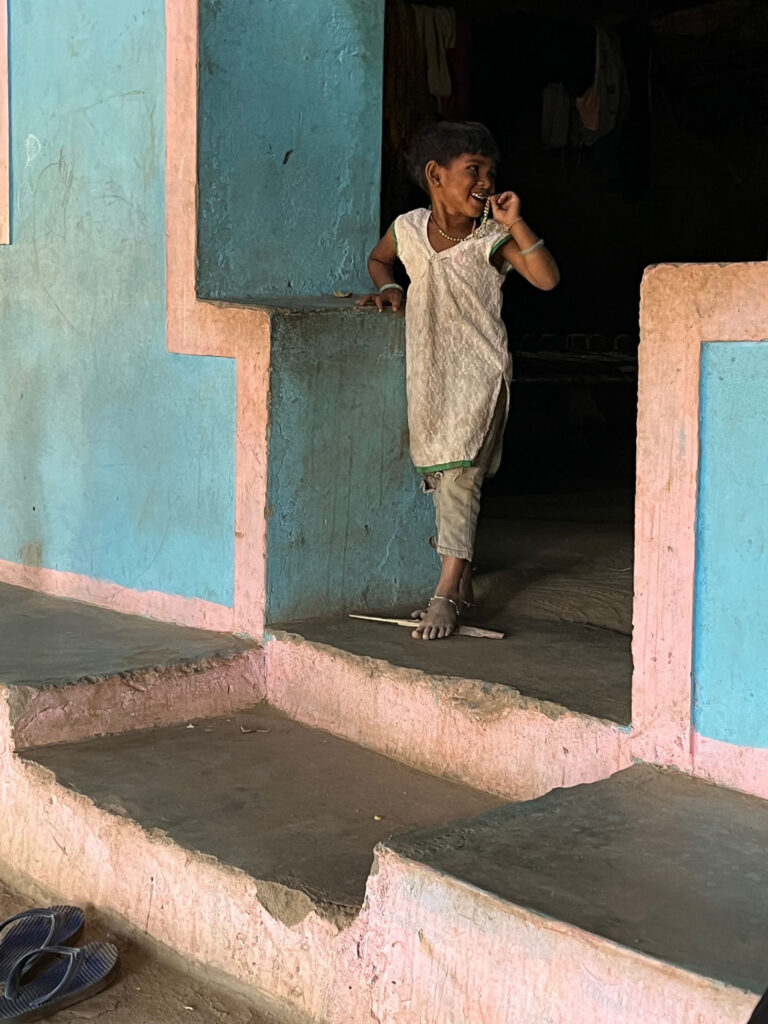
• Read about the history and traditions of your destination before, during, and after your journey.
•Learn at least basic words and phrases in another language if you can. That said, India certainly has a lot of languages. On the other hand, just learning the letters in the Greek alphabet helped me navigate the Greek islands, so it can be done.
• Know how important your travel is to the local economy. That’s especially true now, because Covid has made lives even more difficult without tourist money.
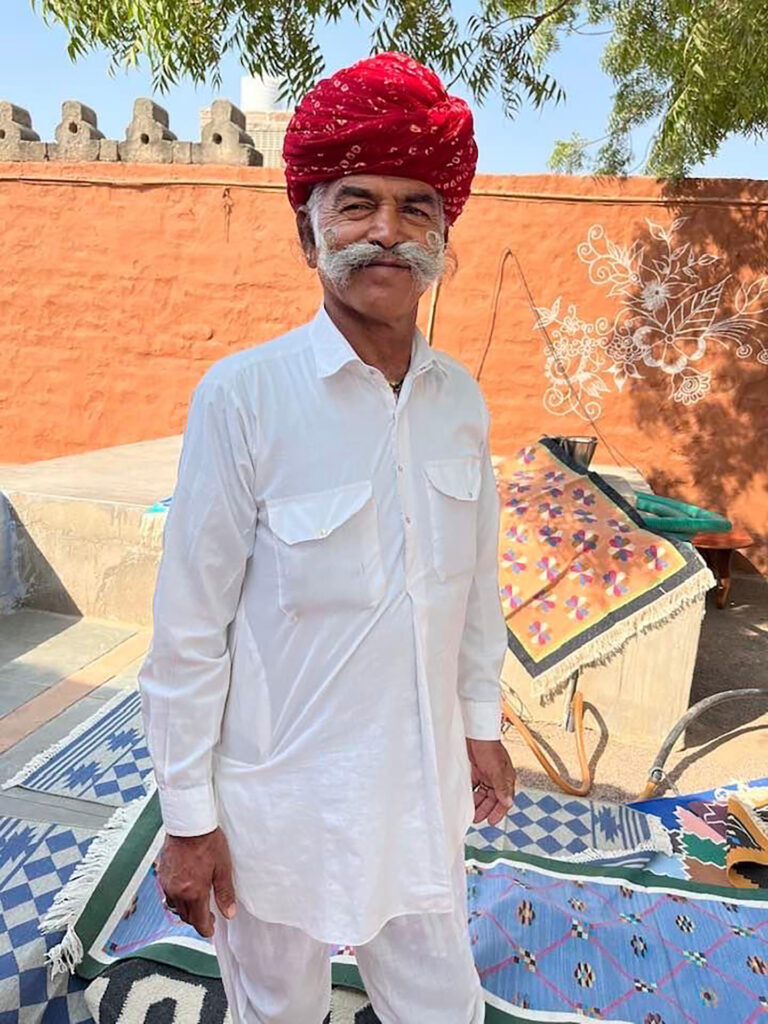
• Stay healthy. Some things are preventable (e.g., good shoes prevent some falls). But others (like my bronchitis) are not. Traveling while ill is definitely not a comfort, but I learned all about what it was like to visit a (really good) Indian clinic, and I got better. Did I mention that someone came from the local pharmacy every day to take my blood pressure (for $1.50)?
Comfort Zones Near and Far
Being outside one’s comfort zone while traveling is not limited to unfamiliar countries.
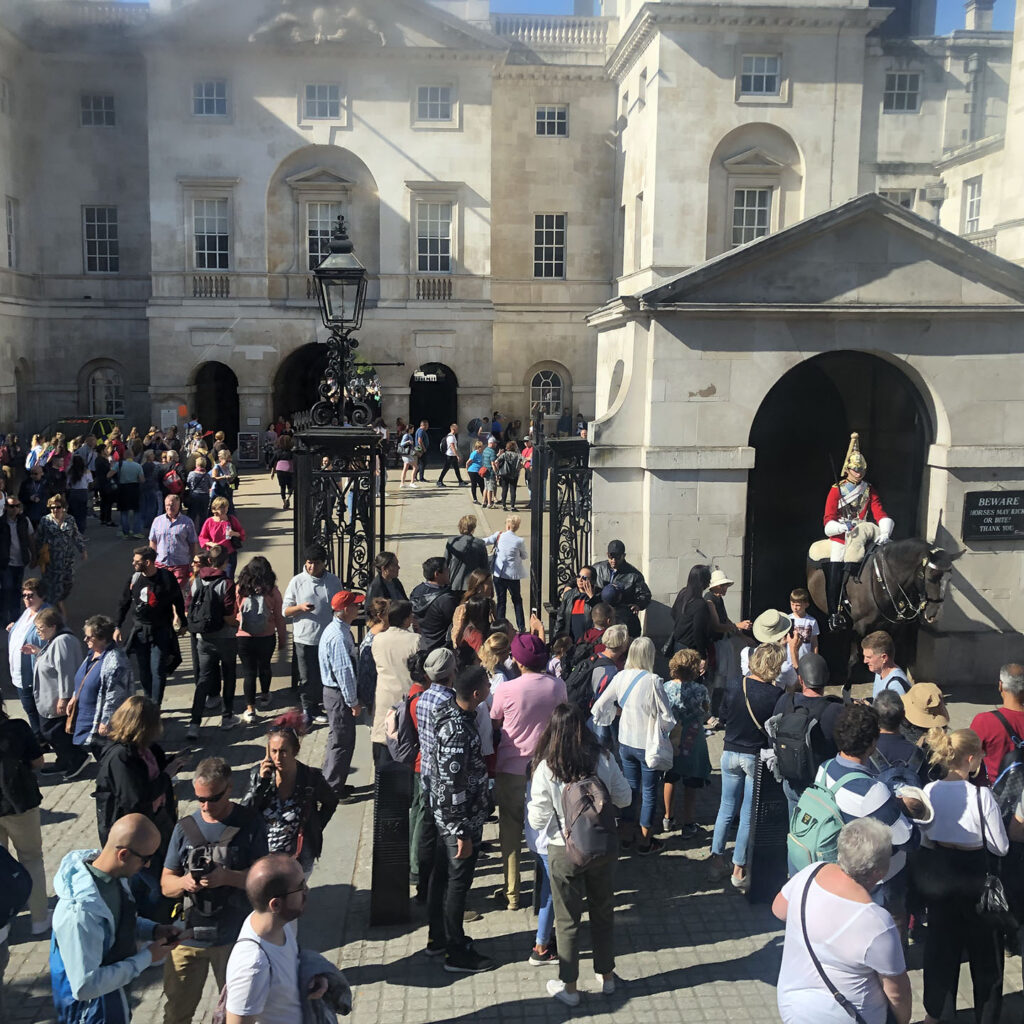
Although it was pretty easy to be an American in London when I went to visit my daughter just before Covid hit in 2020, I still had to learn about Oyster cards in order to travel cheaply on the underground or the buses. I had to learn tipping protocols, understand how the different neighborhoods are laid out, and learn best places to see history, art, and food. And that’s all while knowing English!
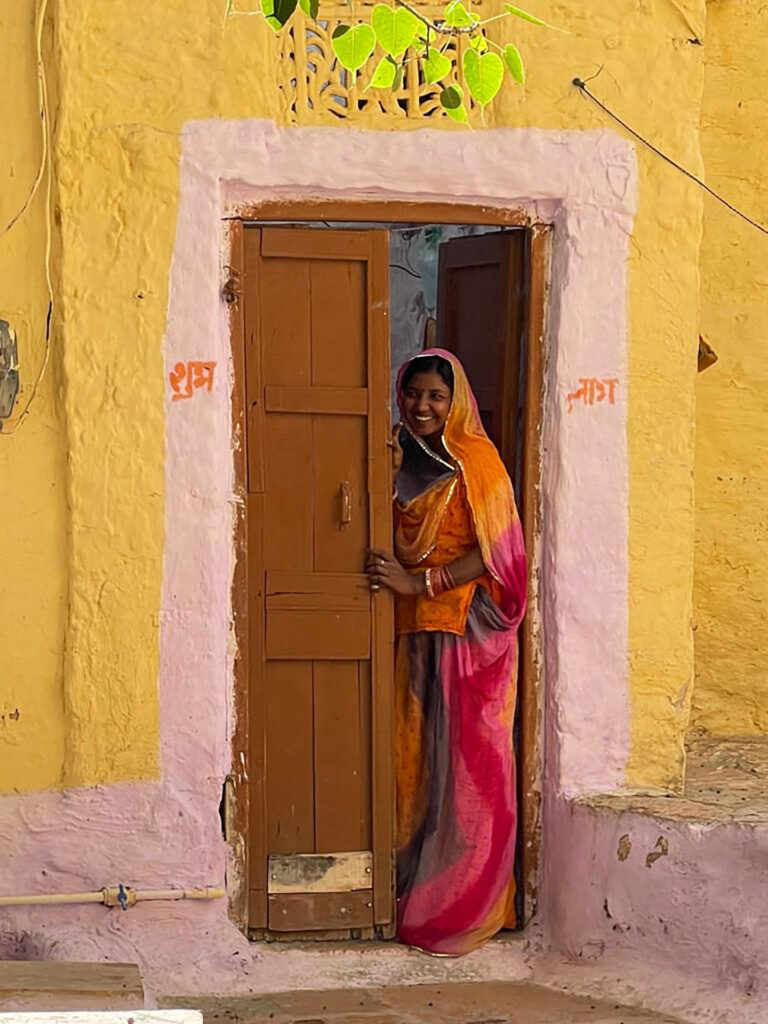
It takes time, patience, and an open heart to feel comfortable in a new place, but it pays off in so many ways. By managing the challenges of travel, you may find that you are capable of more than you might have ever believed. Finding one’s comfort zone abroad (or in fact in any new place) makes one a stronger and more knowledgeable human, as well as someone better able to meet the challenges of the future.

Loved your writing, Barbara! Especially your closing comments about the payoff of patience and curiosity being your heart will grow a few sizes in proportion💕
Love this article
Beautiful pictures, especially in India. I enjoy this story!